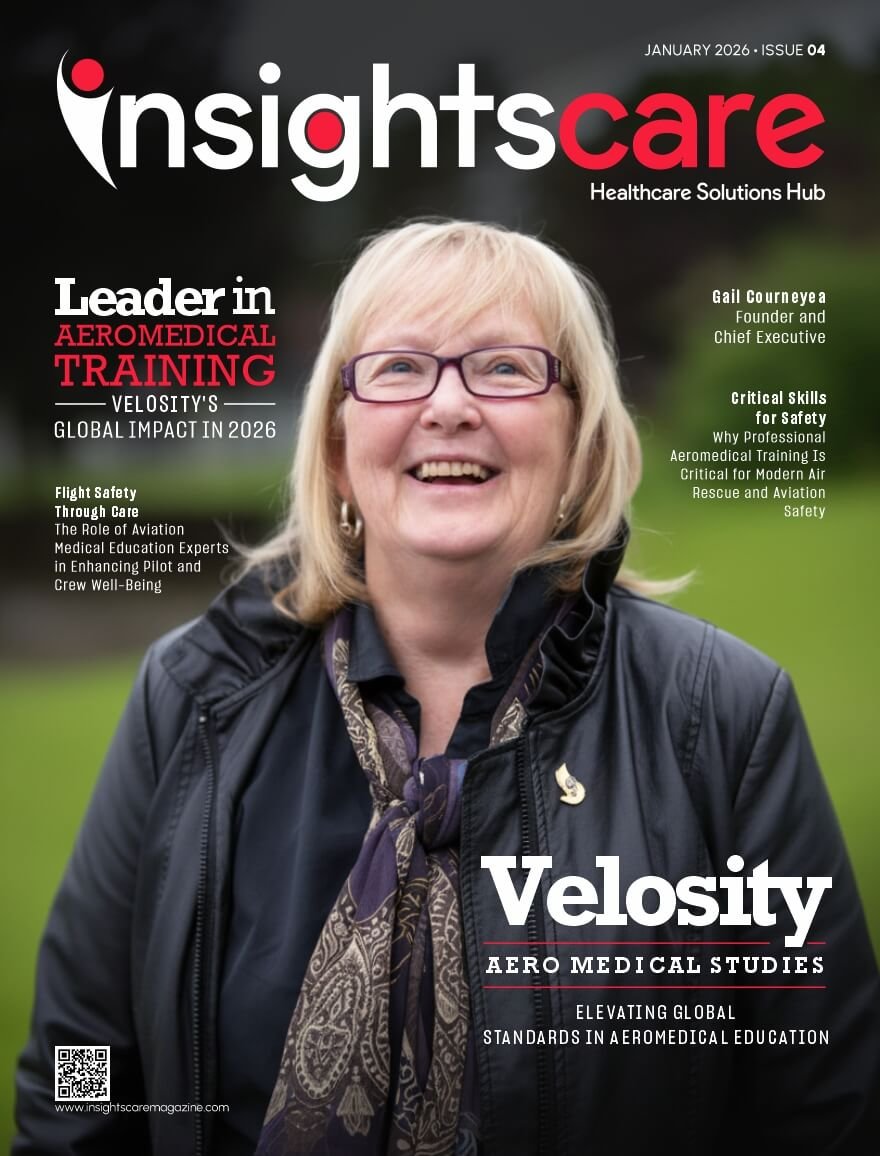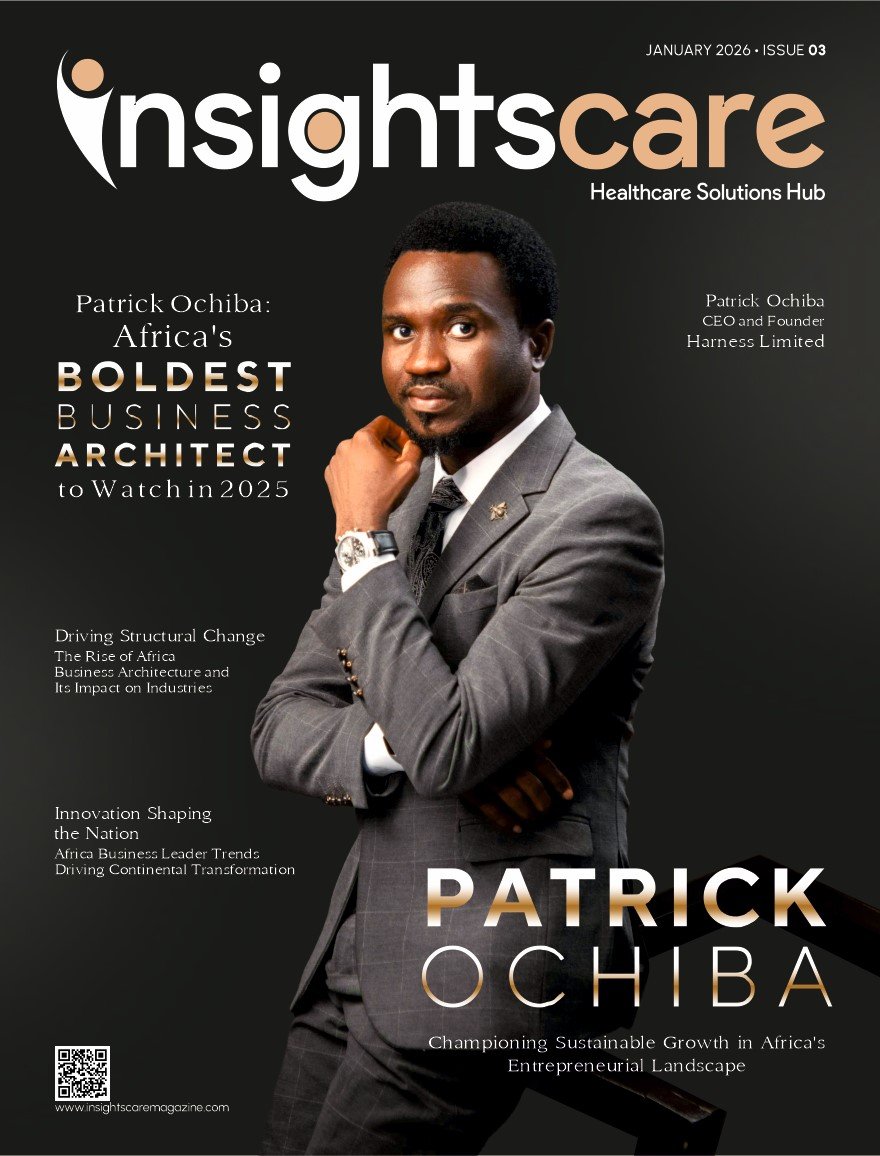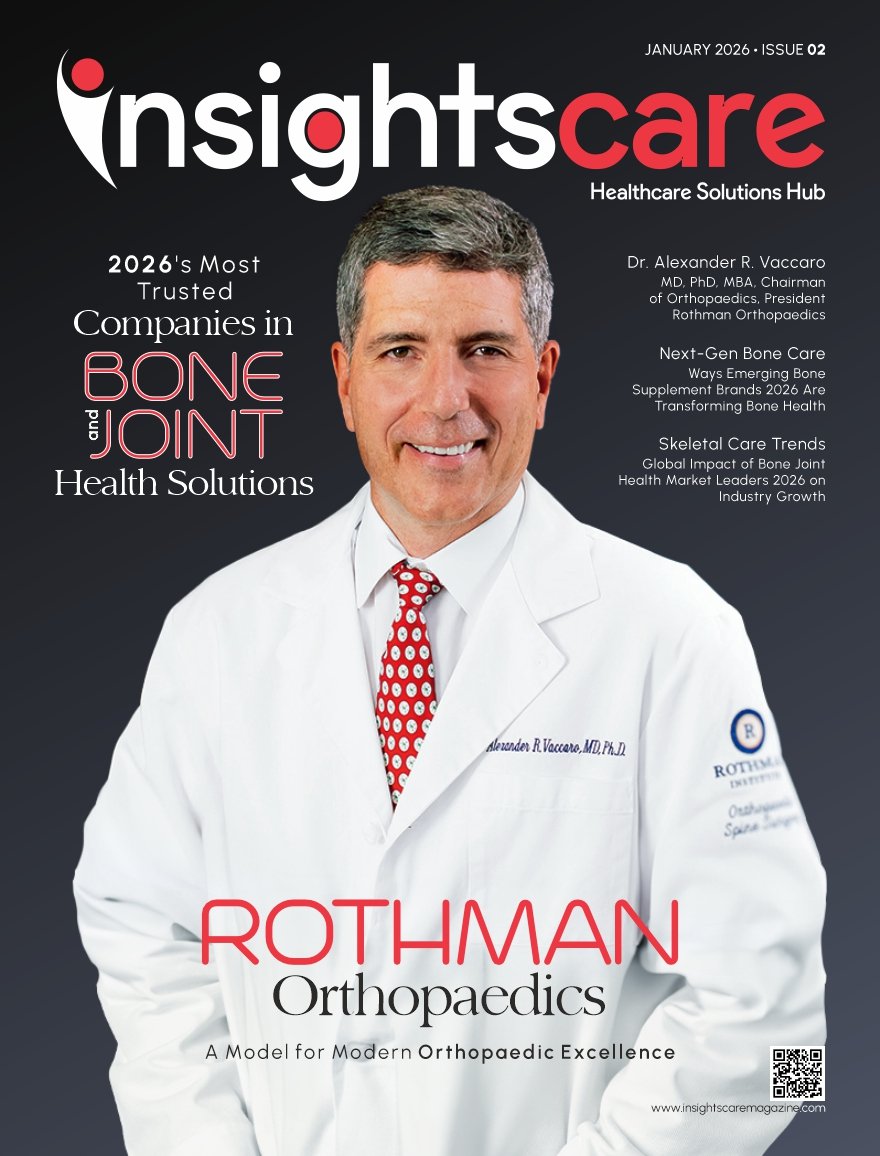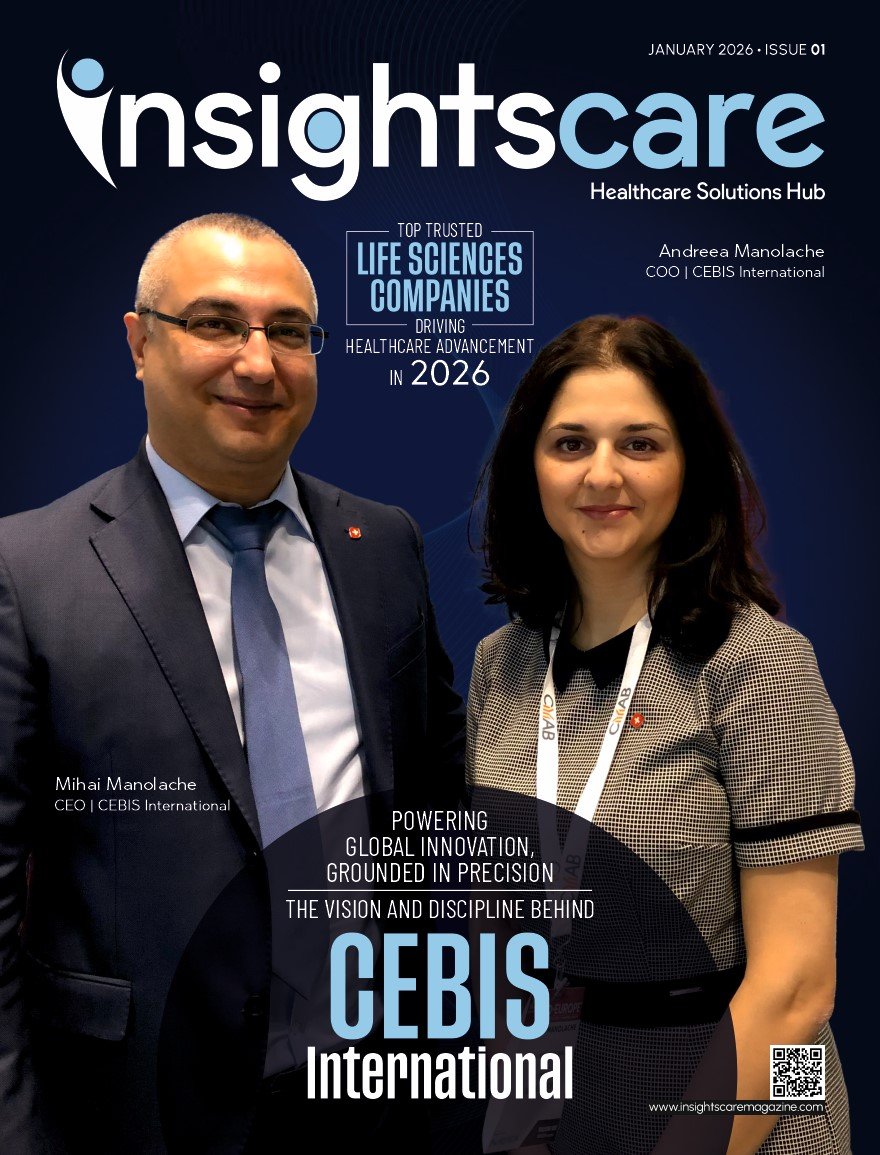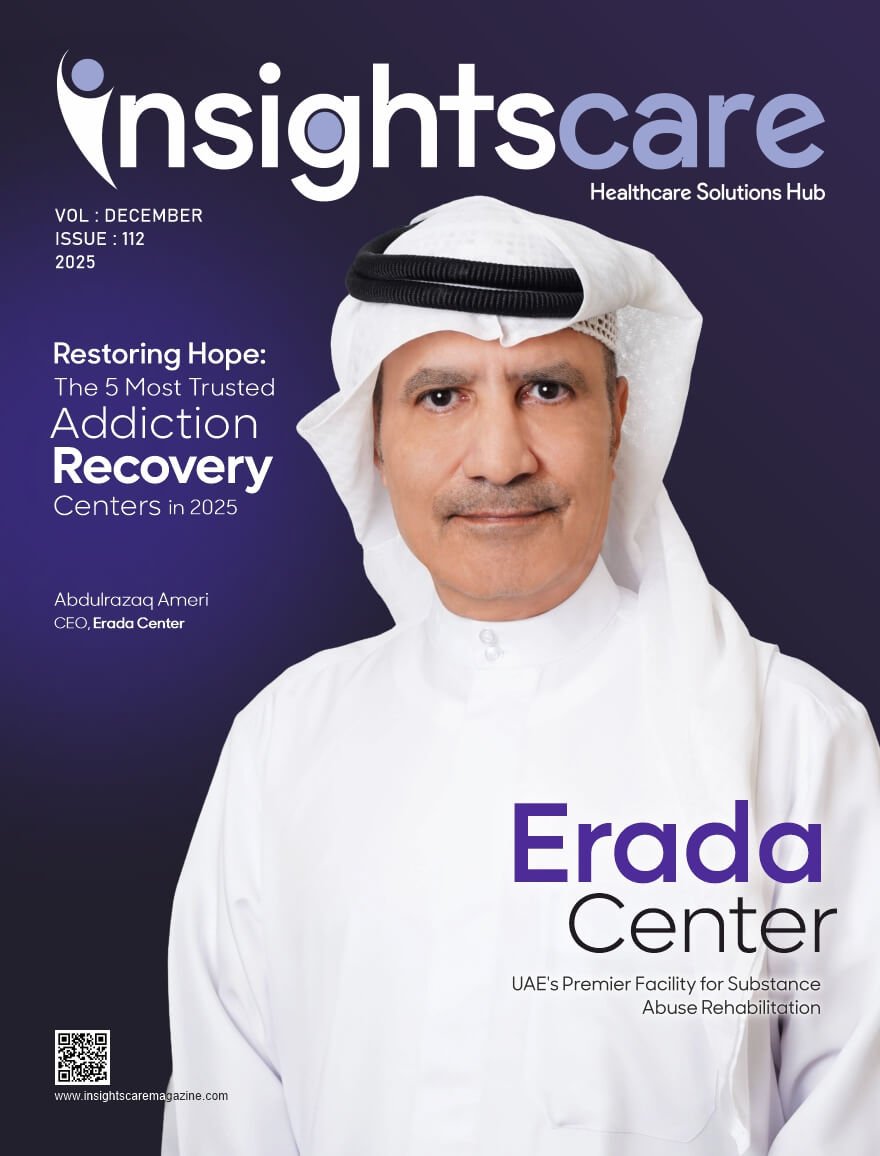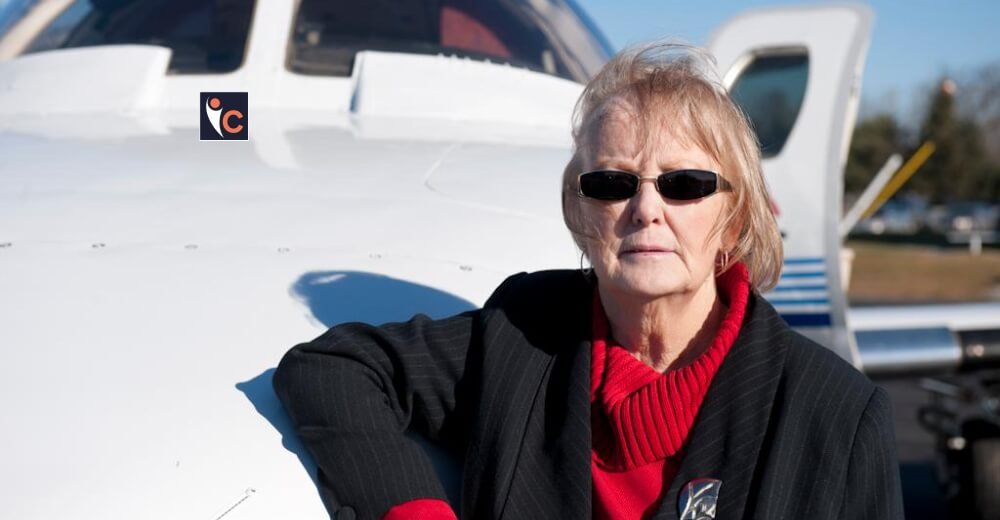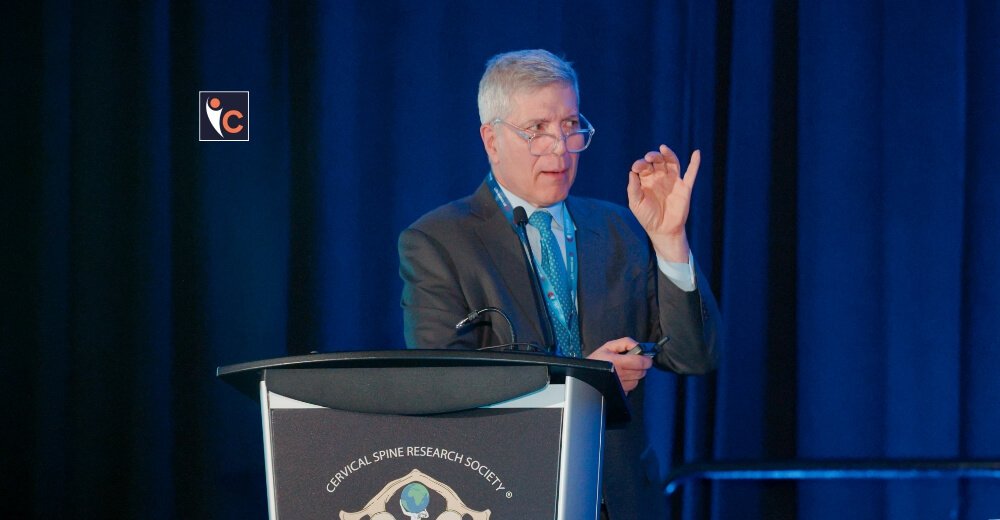It’s easy to view a career in medicine as a straight path, one defined by years of schooling, training, and refining technical skills. But for Dr. Lee Errett, his journey as Chief of Cardiac Surgery at St. Michael’s Hospital, University of Toronto is anything but linear. His dedication to treating patients and healthcare reform activities came after multiple unpredictable life events that shaped his professional path.
Dr. Lee Errett’s journey into global healthcare did not begin at St. Michael’s alone. His foundation in surgery was built at McGill University, refined during his fellowship at Oxford, and further honed in Yale’s prestigious teaching hospitals before he spent two decades at St. Michael’s in Toronto. As a distinguished faculty member of the University of Toronto’s Department of Surgery, his work has consistently pushed the boundaries of surgical excellence and healthcare accessibility worldwide. Beyond his work in Canada, Dr. Errett is also the founder of the Bethune Medical Development Association (BMDAC), an organization with close to 600 members across six countries. This network of healthcare professionals has been instrumental in establishing training centers, providing surgical expertise, and developing sustainable healthcare infrastructure in underserved regions.
From his time as the Chief of Cardiac Surgery at St. Michael’s Hospital in Toronto to his work on international surgical missions, Dr. Lee Errett consistently extended his willingness to go beyond professional boundaries. He has spent most of his career establishing training programs that prepare future health leaders to serve diverse populations effectively—thus providing medical staff with specialized tools for long-term success. Through his leadership practices, he developed a philosophy that extends beyond treating individual patients to establishing lasting healthcare infrastructure.
Let’s read on to explore how Dr. Lee Errett’s leadership and humanitarian spirit are changing lives across borders!
The Beginning of a Global Health Mission
Dr. Lee Errett discovered his purpose to advocate for global healthcare when he spent time working in areas without adequate medical assistance. During his mission to Jamaica, his skills were tested in unexpected ways. Working as part of a team of cardiologists and surgeons, he was called to help with a cataract surgery mission at an eye clinic that had been experiencing staffing shortages. What was intended to be a simple assist turned into an emotional and eye-opening experience for him, one that would forever change his outlook on healthcare disparities.
“It wasn’t just about helping with the cataract surgery,” he explains. “I was thrown into a position I hadn’t anticipated—becoming a nurse, helping prepare patients, and making sure everything went smoothly post-surgery. And then, there was this elderly man, in his late 70s, coming in to get his cataract fixed. He was holding the hand of a young boy, who, it turned out, was his seeing-eye dog.” The man had lived in a world of near blindness due to the severity of his cataracts. For years, his vision had been impaired, limiting his ability to see the people and the world around him.
After the procedure, Dr. Lee Errett assisted the elderly man in removing his eye patch. “When he saw his grandson for the first time after the cataract surgery, he broke down in tears,” he recounts. “He wasn’t crying out of pain or anxiety—he was crying because he could finally see his grandson clearly. A simple surgery, one that would take only 45 minutes in North America, had restored his life, his family’s life, and their future.”
This brief yet powerful encounter left a lasting impact on Dr. Lee Errett, shaping his perspective on global healthcare disparities. He understood that cataract treatments, which are normal in developed nations, hold essential value for people who reside in underserved areas. The fact that such a life-changing surgery could take up to eight years to access in Jamaica, versus two weeks in Canada, highlighted just how crucial his global health work was. “It’s a reminder of how a relatively simple intervention can have such a profound impact on a person’s life. It stayed with me long after the mission was over,” he says.
Building a Global Healthcare Network
Although Dr. Lee Errett spent 17 years at St. Michael’s Hospital, his global perspective was shaped by experiences that extended far beyond Canada. One of his most significant contributions has been his work in China, where he has traveled 27 times with BMDAC, expanding surgical training programs and healthcare accessibility. Each year, he leads a team of 60 surgeons and physicians, impacting over 150 medical centers annually. His approach has transformed global surgery from short-term interventions to long-term regional commitments, ensuring sustainable healthcare improvements. Beyond China, his work has spanned 34 countries over 30 years, addressing systemic challenges in surgical care while training the next generation of healthcare leaders. His leadership philosophy is centered on ensuring that medical initiatives foster long-term impact rather than temporary relief.
“We had trainees from 21 different countries, from regions where the healthcare system faced significant challenges,” he says. “These specialists came to learn, but we also learned from them. They returned to their countries with advanced skills and knowledge, helping to elevate the standards of care and create sustainable changes.”
His leadership style emphasizes collaboration and shared responsibility. “When you’re working as a team, especially in healthcare, every patient is the responsibility of every member of the team. Knowing that support exists amongst your co-workers makes a huge difference,” he explains. The same approach applied in his global healthcare missions, where he worked closely with colleagues from other countries, always fostering a partnership-based, rather than hierarchical, approach.
“In many parts of the world, the medical culture is very hierarchical—one boss calls the shots,” Dr. Lee Errett explains. “But in my view, it’s important to approach healthcare as a partnership. When we go to other countries, we are not just the ‘experts.’ We are colleagues. There’s so much to learn from one another.” This attitude of humility and respect has been fundamental in his approach to international missions in places like China, Africa, and the Caribbean. It has earned him not just trust, but the continued invitation to return and collaborate on ongoing projects.
The Power of Leadership in Healthcare
Dr. Lee Errett’s work extends beyond teaching and surgical interventions; his leadership philosophy is centered on sustainability. A major realization from his international work is that it’s not enough to simply perform surgeries and leave. “We need to build systems that will continue long after we’re gone,” he stresses. His aim is to create self-sustaining healthcare systems that will eventually not require the expertise of foreign doctors, but that will function autonomously to address the needs of their populations.
Dr. Lee Errett believes that successful global health initiatives require three key elements: securing government approval, fostering collaboration with local medical teams, and earning the trust of patients. Without these, even the most well-intended efforts struggle to create lasting change. His work through BMDAC and the University of Toronto ensures that beyond providing medical care, his teams also train local surgeons, equip hospitals, and develop long-term healthcare infrastructure to enable self-sufficient medical systems. “I want to provide the tools—education, training, infrastructure—so that local doctors can continue this work,” he says. “It’s about creating lasting change.”
A key part of this is the practice of mentorship. Dr. Lee Errett has always believed in cultivating growth not just in individuals but in entire teams. “I’m a firm believer that leadership should not be about individual recognition. It should be about enabling others to succeed,” he says, highlighting the importance of mentorship in building future healthcare leaders. “I don’t want to just be a good surgeon. I want to be someone who creates an environment where others can thrive.”
His ability to cultivate new leaders is evident in the network of surgeons, healthcare professionals, and academics who have been inspired by his work. Several of his former fellows and colleagues now lead their own international healthcare projects, perpetuating the culture of education and sustainable healthcare practices he helped establish. “When you mentor someone, you don’t just teach them how to perform a surgery. You teach them how to think about medicine, to approach it with empathy and respect, and to pass that knowledge down,” he reflects. His legacy will be measured not just by the number of surgeries he performed, but by the ripple effect he’s created within the medical community.
The Global Healthcare Crisis
The 2015 Lancet Commission on Global Surgery highlighted that 5 billion people lack access to safe, affordable surgical care—a crisis that contributes to more deaths than TB, malaria, HIV, and Ebola combined. Dr. Lee Errett has seen firsthand how these gaps in healthcare access affect millions. “Despite having the resources to treat everyone, we fail to do so,” he explains, emphasizing the urgent need for global healthcare reform that prioritizes surgical access and long-term solutions.
His advocacy goes beyond awareness—it is rooted in tangible action. He has been working tirelessly to raise awareness about the importance of surgical care and its lack of accessibility in developing countries. His passion for addressing this issue is not only evident in his speeches but in his daily commitment to global healthcare reform. “We can’t just sit on the sidelines and pretend this isn’t happening. Every day, people are dying because they cannot access the care they need. That has to change.”
A Vision for Healthcare’s Future
Looking forward, Dr. Lee Errett continues to be driven by a singular mission: to ensure that everyone, no matter where they live, has access to high-quality healthcare. His leadership, both in his work at St. Michael’s Hospital and on international missions, is grounded in the belief that healthcare should be a universal right, not a privilege. His work is far from finished, but the legacy he is building—through mentorship, education, and sustainable healthcare models—is one that will inspire future generations of healthcare leaders.
All of Dr. Errett’s work is on behalf of the University of Toronto, reinforcing its commitment to advancing global healthcare solutions. “The future of healthcare lies in collaboration and access,” he asserts. “We must look beyond immediate challenges and focus on building a healthcare system that serves everyone, everywhere.” His lifelong mission remains clear: to ensure that high-quality healthcare is accessible to all, regardless of geography or economic status.”

